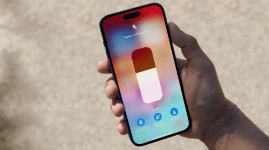Going hands-on with the iPhone XS
Smaller maybe, but just as mighty as the Max
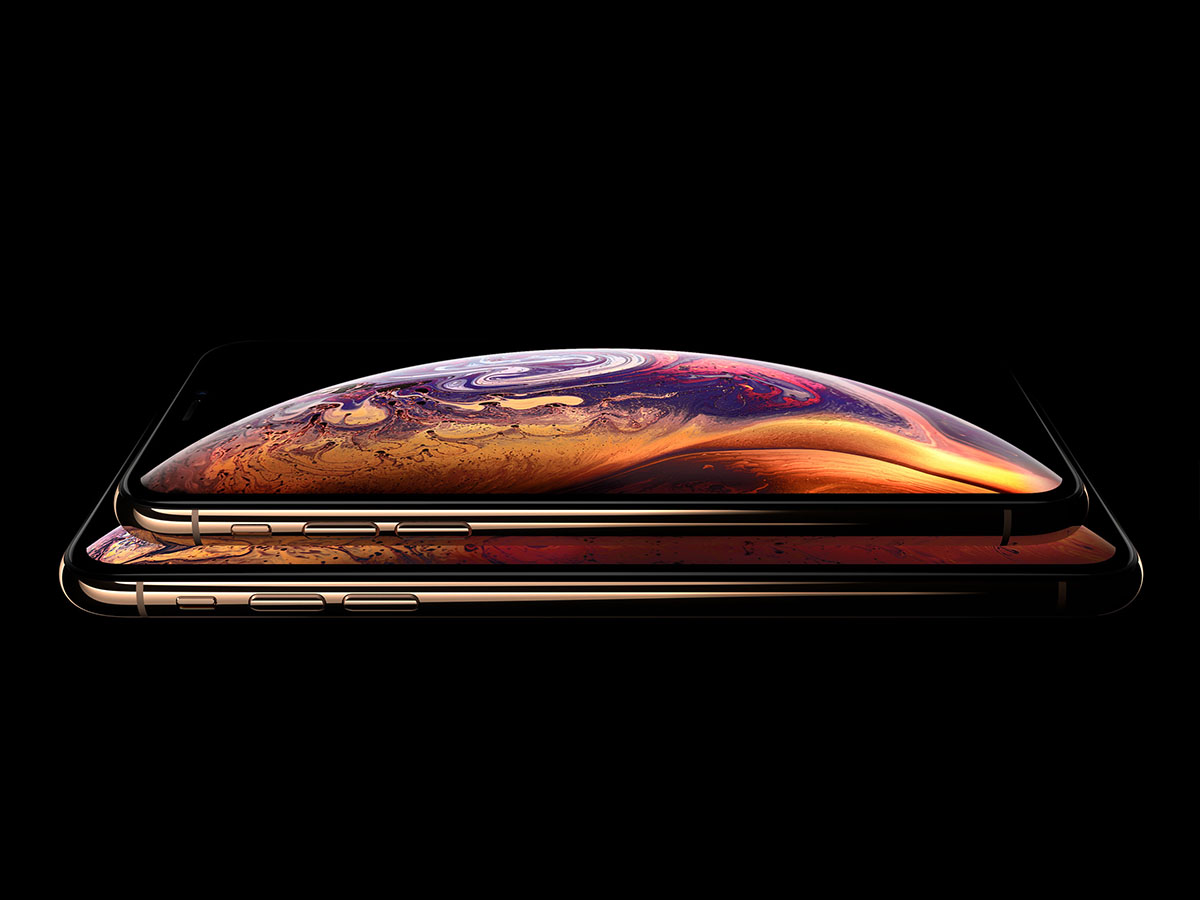
NEW KID ON THE BLOCK
Last year’s Apple iPhone X was a sensation. So now, it’s been discontinued and replaced with a whole new model, the iPhone XS. Usually, the company keeps last year’s flagship in the range as a lower-price option but this time those who want to save money must wait for the upcoming iPhone XR, with a less expensive LCD screen. It’s available in October, but the new iPhone XS arrives on Friday September 21. We were lucky enough to see the new XS at the US launch and these are our inital impressions…
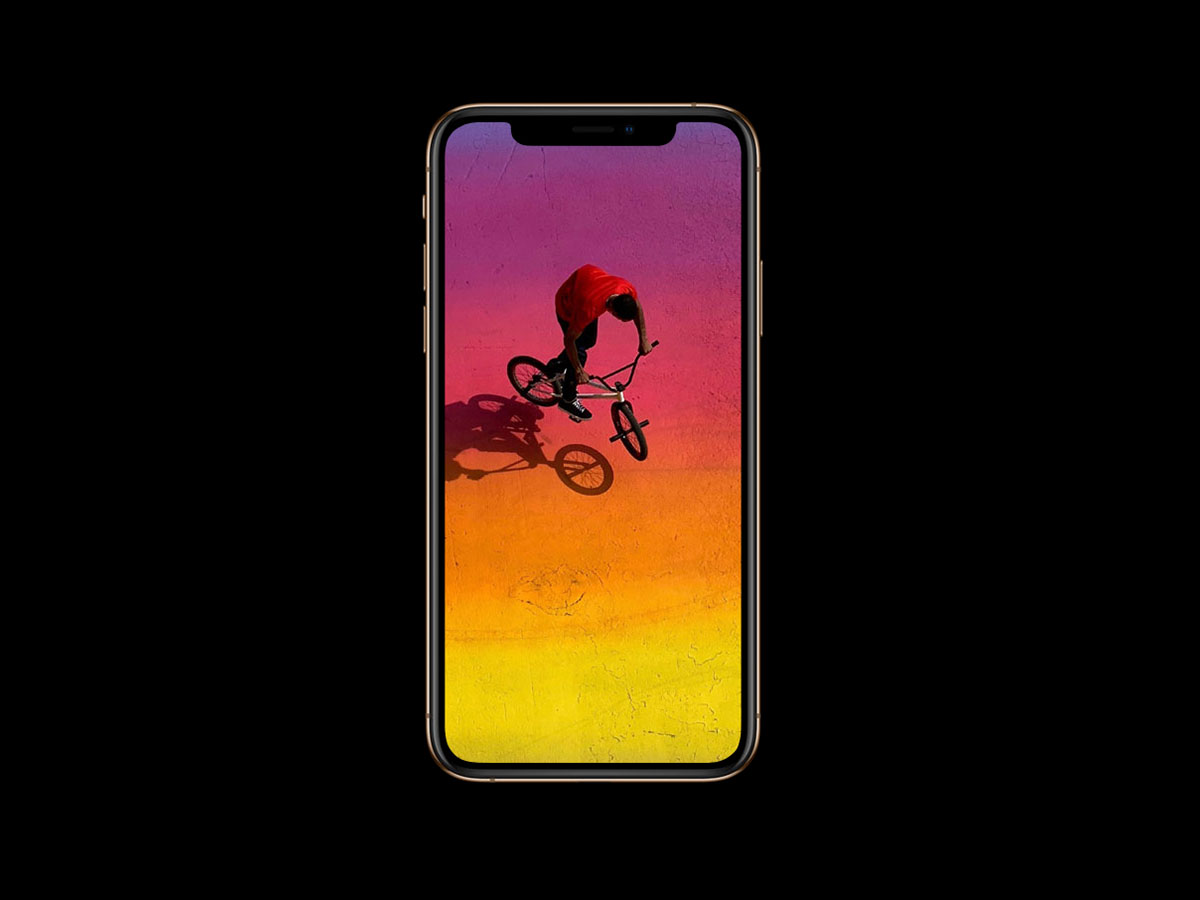
SEEING DOUBLE
If you liked last year’s iPhone X, you’ll like this. It’s identical to look at. The same shiny stainless-steel bezel, all-screen front and glass back, suitable for wireless charging. Oh, and the same, divisive notch. This is the bit of the front of the phone which isn’t actually screen, because it’s made up of the camera, and other devices that power the facial recognition capabilities of the phone. It’s the notch that permits the screen to cover the whole of the phone because there’s no “chin” of empty space needed for the Touch ID fingerprint sensor of previous iPhones.
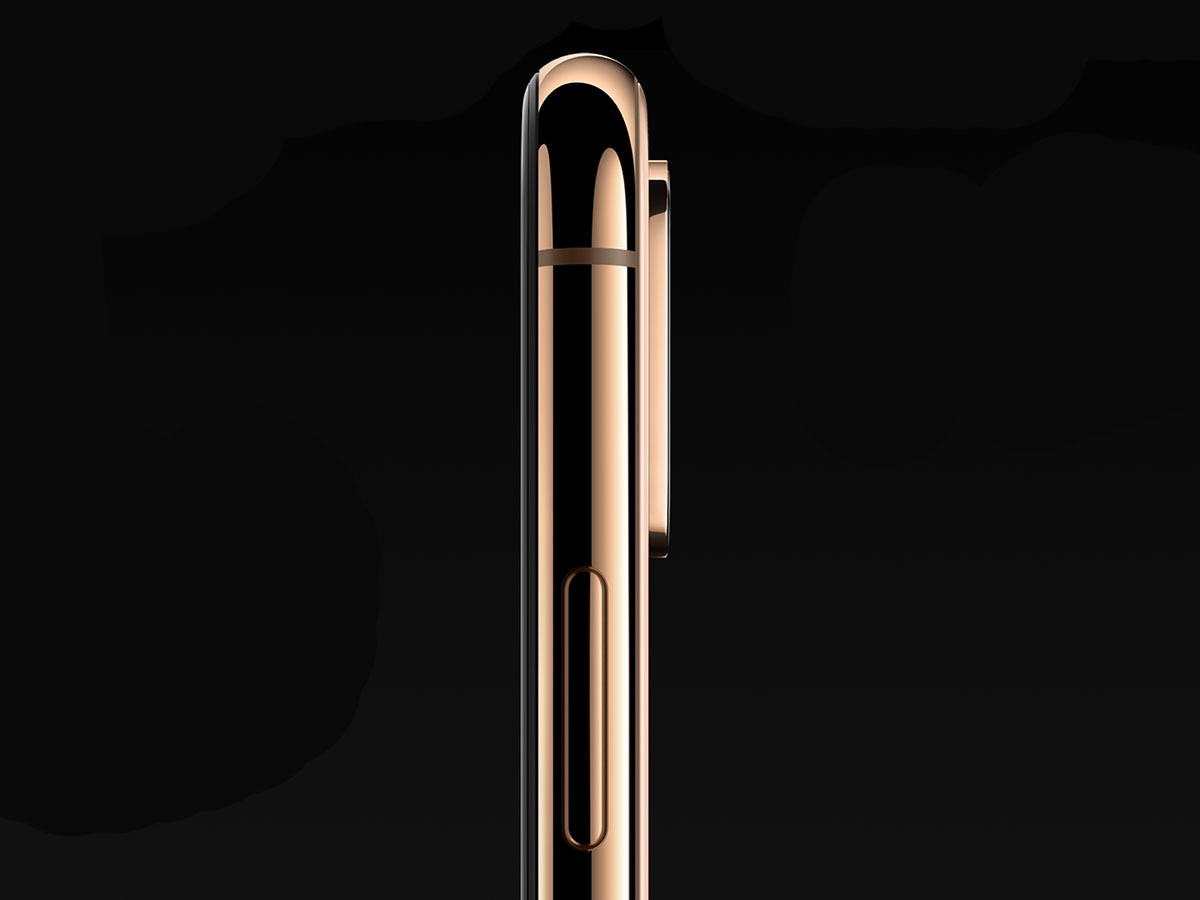
NOTCH A PROBLEM
Actually, once the iPhone was launched, people sort of lost interest in the notch and found it less controversial. To the extent that rival companies have launched phones with notches. Just look at the Huawei P20 Pro or the rather excellent OnePlus 6. Like the iPhone X and this phone’s new, bigger sibling, the iPhone XS Max, this is an opulently styled phone that is elegant and classy. Choose the space grey version and the stainless steel antenna is even delicately tinted to match the glass around it. And there’s a new gold version available which also has a colour-matched antenna band. The gold option is especially good-looking, a subtle but unmissable shade.
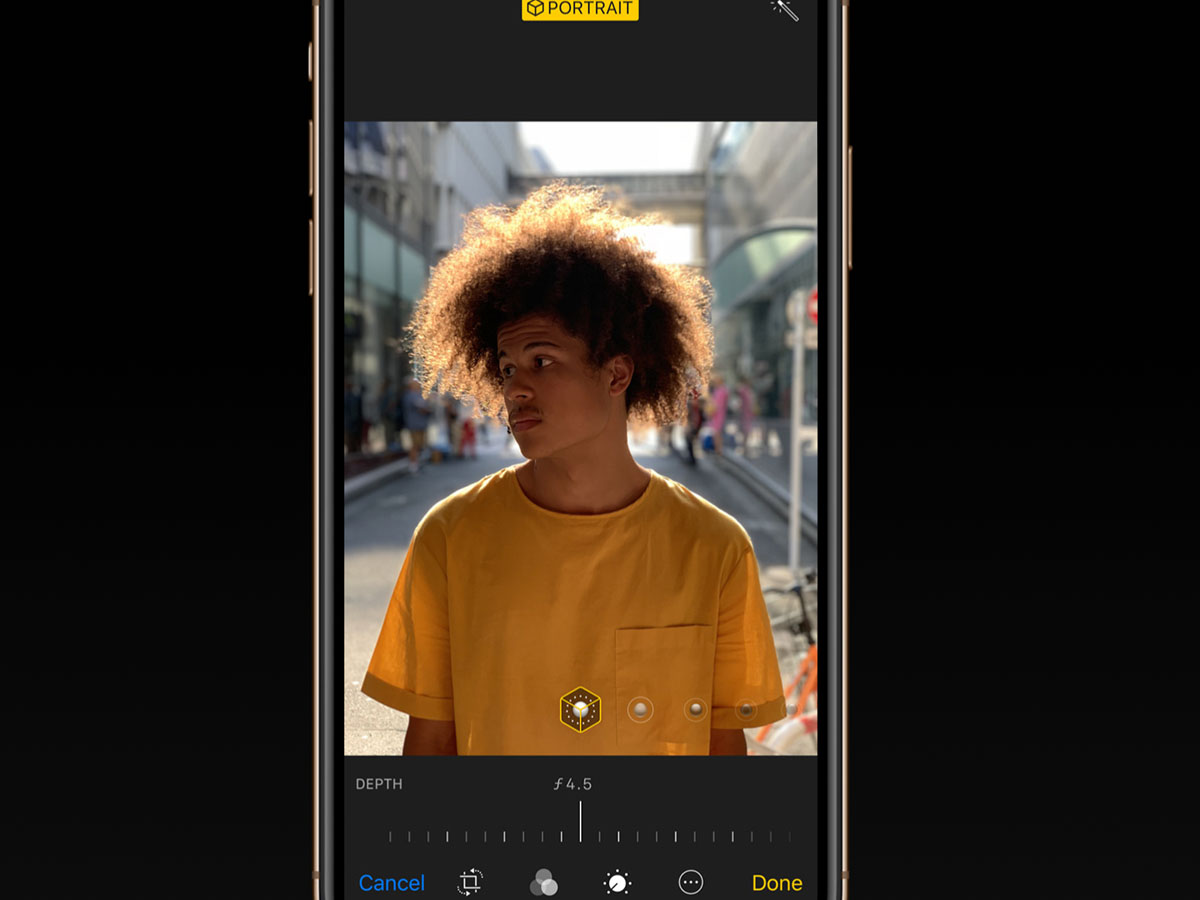
HIDDEN DEPTH
The iPhone X had a sophisticated twin rear-camera set-up and that’s the same here, though a new wide-angle sensor with bigger pixels is included this time around. And for the first time, the smaller and larger iPhones, iPhone XS and iPhone XS Max, have identical cameras, so you no longer have to settle for a less brilliant camera if you want a more petite handset – as you did with the iPhone 8 and iPhone 8 Plus, for instance. This means the camera here includes the remarkable depth of field feature. Not only can you shoot both cameras simultaneously to create a bokeh effect where your subject is in needle-sharp focus and the background is blurred, you can adjust the level of bokeh after you have taken the image, to a remarkably fine level.
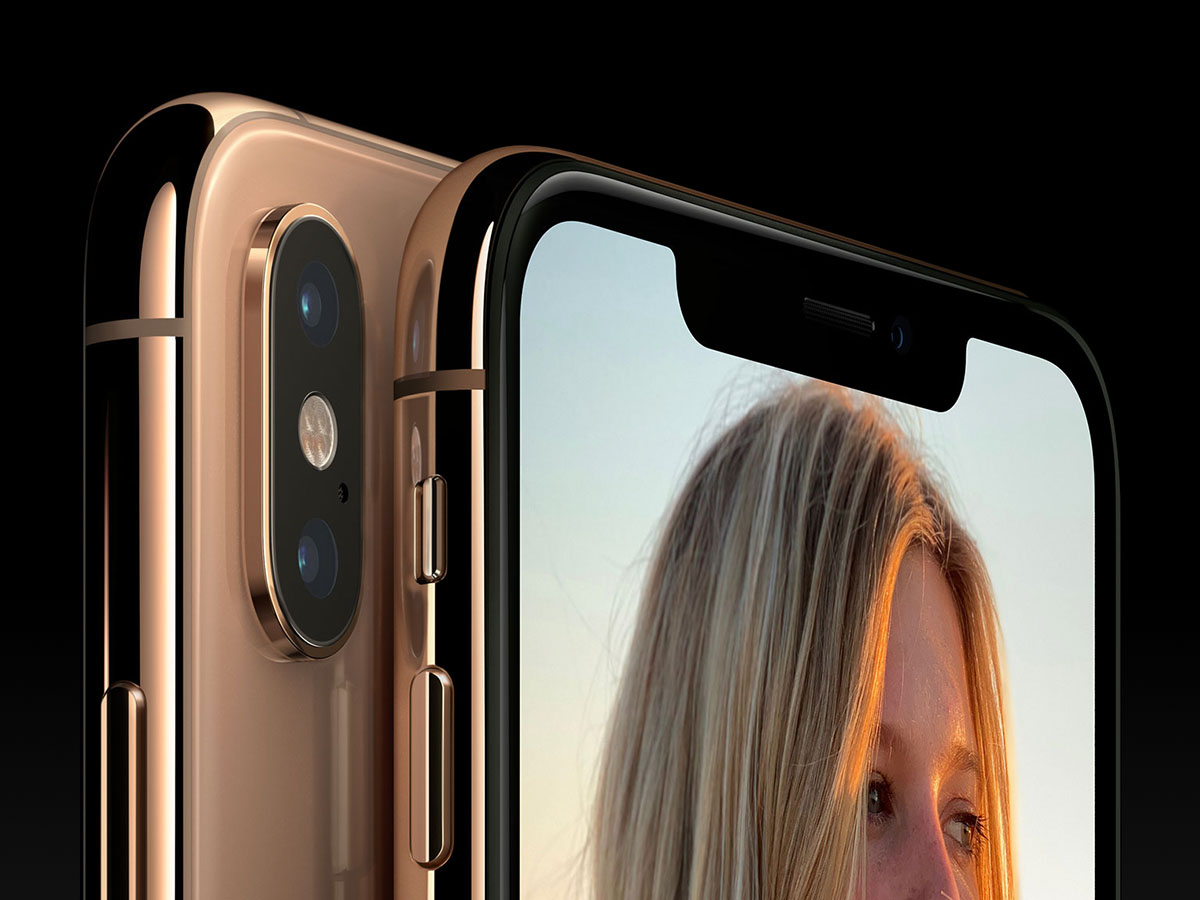
INCREMENTAL IMPROVEMENTS
Apple says it’s improved the display since last year’s iPhone X, though the XS has the same dimensions and resolution, which is a highly respectable 458 pixels per inch, the highest ever in an iPhone. The top and bottom speakers have also been balanced to give more even sound levels than before, and Apple claims you’ll want to watch a movie or play a game like Alto’s Odyssey and no longer crave headphones to get the best audio.Time will tell if this is right, but it’s good to see Apple taking the sound as seriously as the vision.
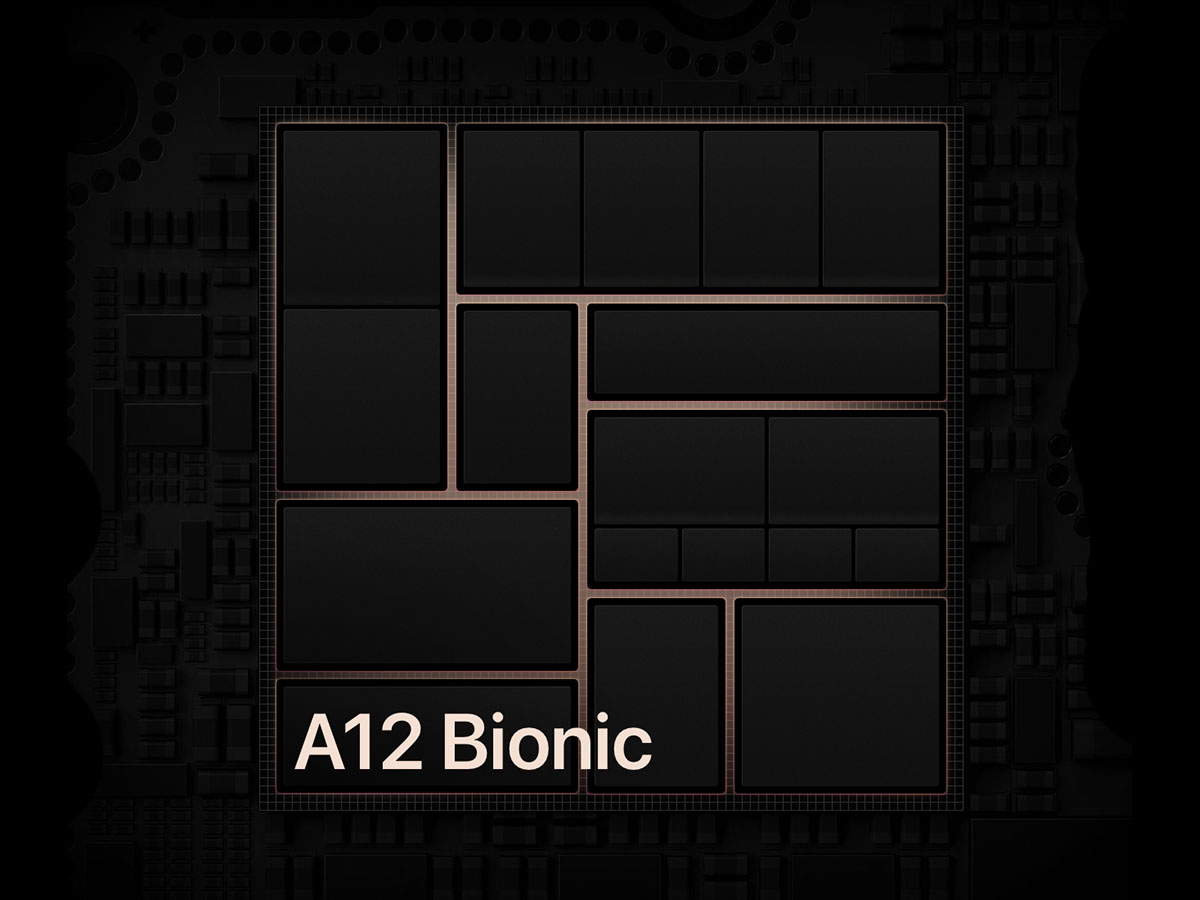
SPEED DAEMON
The Apple A12 Bionic processor is highly capable and speedy. Apple claims the increase in speed over the previous A11 is nine times faster in some settings and that apps will load 30% faster. It certainly felt speedy, but we’ll wait until we get our review sample until we can give it a proper comparison. It needs this extra power for features such as AR, which are likely to become more important in smartphones and tablets in the future. Indeed, there are neat extra apps like Measure which cleverly gauges the length of objects, among other things, when you wave virtual markers over them.
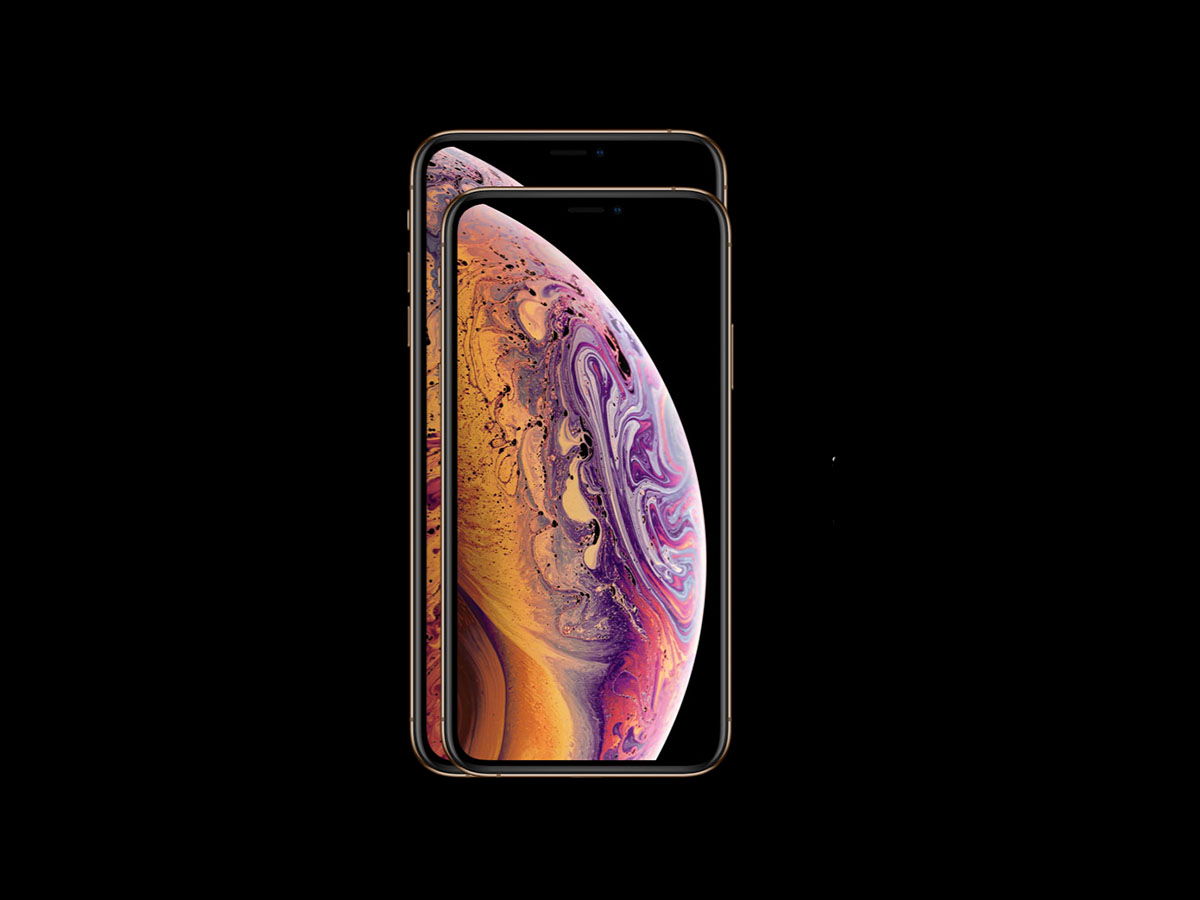
IPHONE XS INITIAL VERDICT
Unlike last year, there is little to separate the two iPhones other than size, battery life and price. If you like a large screen and you don’t mind the extra cost, you’ll probably choose the iPhone XS Max over this one. But, unlike with the iPhone 8 and iPhone 8 Plus, choosing the smaller handset does not mean you have to settle for a less optimum camera experience. Size is the only real differentiator. Otherwise, the two phones are almost identical, with matching specs, identical, beautiful design and the same powerful processor at the heart of each. Which leaves only one question. Do you really need to go to the Max?

